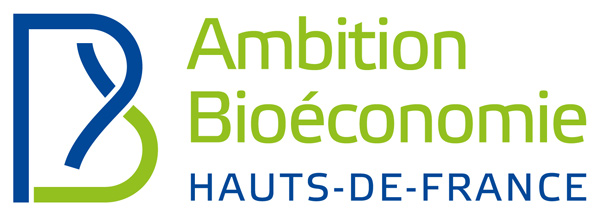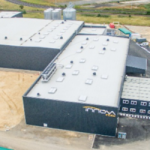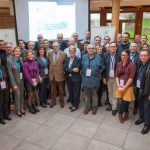Project SAS Metha Ternois
Project SAS Metha Ternois

Category:
Energy
Implementation period: :
2015 extended to 2020
PROJECT MEMBERS:
- Six agricultural members (14 farms)
- Two industrial partner members, including the construction firm AES Dana
Context
Established in August 2013, the biogas plant of SAS METHA TERNOIS was commissioned on 7 May 2015. It is located in the municipality of Valhuon, in Artois.
Description
The unit processes 10,000 tonnes of agricultural effluent and waste: slurry, dung, green waste from local authorities, onion by-products, corn and grain waste (from cooperatives) and waste vegetable oil.
The energy produced is commercialised via cogeneration (electricity injected into the grid – 500 KWe – and heat is commercialised via the creation of a spiruline production activity). The project produces 4,325 MWh/year of primary energy in the form of biogas. The biomass is exploited by a cogeneration motor to produce 1,950 MWh/year of electricity and 1,293 MWh/year in thermal power.
All the electrical energy is sold to EDF. It covers the requirements of the biogas plant (around one-quarter) and the rest is used to operate the spiruline unit.
The combination of agricultural biogas and spiruline production gives the project its coherence. The cultivation of micro-algae enables the thermal energy to be commercialised throughout the year.
The spiruline is sold to cattle feed firms and to make nutritional supplements for domestic pets.
Results and next steps
The project members have always intended to base the development of their structure on the collection and processing of waste coming from the region.
In this context, hygienisation represents an opportunity to increase the production of renewable energy, notably while providing a response to an issue faced by the local authorities: the processing of their waste from mass catering activities at the regional level.
SAS METHA TERNOIS has therefore commenced activities with Ternois Com, a municipality association covering 104 local authorities.
By adapting the existing unit and making further investments, SAS METHA TERNOIS will be able to process all types of waste, notably from mass catering, in addition to ultimately increasing the electrical power produced from 500 kWe to a little under 1MWe, and will therefore be able to process an additional volume of regional substrates apart from agricultural waste and livestock effluent.
This will enable a wider range of waste to be exploited, such as waste from the region’s main agri-food industries: Herta, Ingredia and Friskies.
The unit will increase to 30,000t/year processed.
FINANCING:









